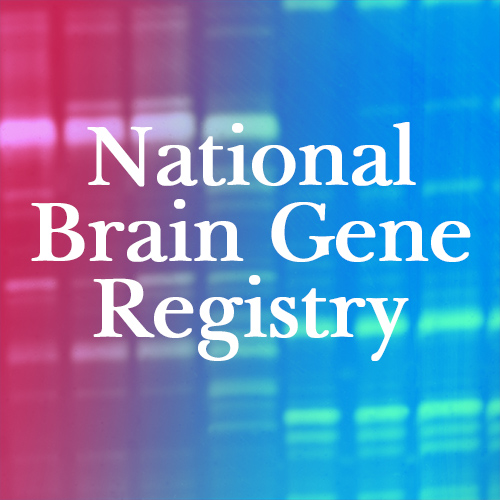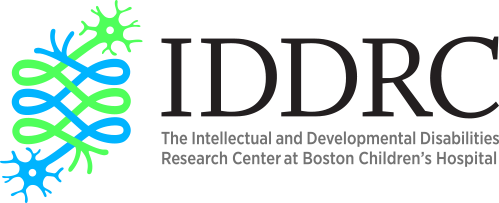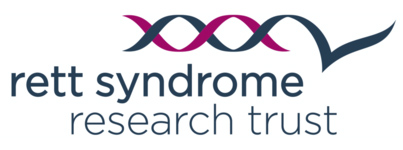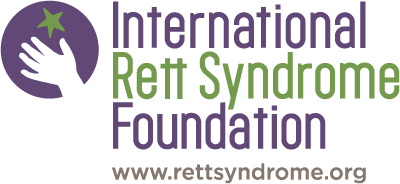For Scientists
Scientific Partnerships

National Brain Gene Registry
The National Brain Gene Registry (BGR) is a collaboration between Harvard Medical School/Boston Children’s Hospital, Washington University in St. Louis, and the University of North Carolina, and funded by the NIH’s National Center for Advancing Translational Sciences. Thirteen leading US research institutions participate in this initiative, enrolling participants and contributing to this rich source of genotypic and phenotypic data.
The RSZ TNC serves as the clinical coordinating center for the study. We also lead the selection of putative brain genes of the highest priority for inclusion into the BGR. There are hundreds of genes, with varying levels of evidence, thought to be involved in neurodevelopmental disorders. In collaboration with ClinGen and our participating sites, we will accelerate the evaluation of such genes for the level of evidence for involvement in neurodevelopmental disorders. The new Intellectual Disability / Autism Gene Curation Expert Panel will leverage information from the BGR, including the standardized neurobehavioral test results and the electronic health record data, for advanced brain gene curation.
Visit the website of the National Brain Gene Registry>

CDKL5 Center of Excellence & CDKL5 Research Program
Boston Children’s Hospital is designated a CDKL5 Center of Excellence by the International Foundation for CDKL5 Research (IFCR). We were one of the sites for the Marinus Ganaxolone and Ovid Therapeutics ARCADE (TAK-935) clinical trials for CDKL5 deficiency disorder (CDD). We are soon to launch several new clinical trials for CDD in the coming year. To set the stage for additional clinical treatment trials in the future, we are also a site for the International CDKL5 Clinical Research Network (ICCRN) and conduct additional research on CDD through Dr. Heather Olson’s K01 (Research Scientist Development Award) through the National Institutes of Health.
Learn about the CDKL5 Centers of Excellence>

Intellectual and Developmental Disabilities Research Center (IDDRC)
The Rosamund Stone Zander Translational Neuroscience Center serves as the Clinical Translational Core of the Intellectual and Developmental Disabilities Research Center (IDDRC) at Boston Children’s Hospital. The Boston IDDRC one of 15 Intellectual and Developmental Disabilities Research Centers — a network of NIH-funded “centers of excellence“ supported by the Eunice Kennedy Shriver National Institute of Child Health and Human Development (NICHD).
Our IDDRC accelerates cutting-edge research by providing investigators with a vibrant scientific community and premier resources within our fully integrated core services, including access to state-of-the-art technologies and consultations with PhD level core staff. Opportunities for collaboration with top investigators as well as attendance at select seminars and events enrich the culture of IDD research and investigation. As a training ground for junior investigators, IDDRC supports the next generation of researchers to ensure the continuation of robust research in the field. Reflecting the capacities of our unique research community, IDDRC Boston focuses its efforts in the areas of Genetics, Genomics and Neuroscience (basic and clinical/translational).
Visit the website of Boston Children’s Hospital’s IDDRC >


RDCRN Developmental Synaptopathies Consortium
The Developmental Synaptopathies Consortium (DSC) consists of 10 medical centers throughout the United States studying three related rare genetic syndromes associated with autism spectrum disorder and intellectual disability. The Consortium studies conditions that are caused by certain shared pathways influencing the development of the brain connections or “synapses“; these include Tuberous Sclerosis Complex (TSC), PTEN Hamartoma Syndrome (PTHS), and Phelan-McDermid Syndrome (PMS). The DSC is part of the NIH-funded Rare Diseases Clinical Research Network (RDCRN), a collection of 20 active consortia focused on fostering collaborative research among scientists to better understand how particular rare diseases progress and to develop improved approaches for diagnosis and treatment. The RSZ TNC serves as the administrative core for the DSC, leading the strategy and research design, protocol development, recruitment and financial management.
Learn more about the Developmental Synaptopathies Consortium >



Rett Syndrome Partnerships
Related websites:
International Rett Syndrome Foundation >
Rett Syndrome Research Trust >


